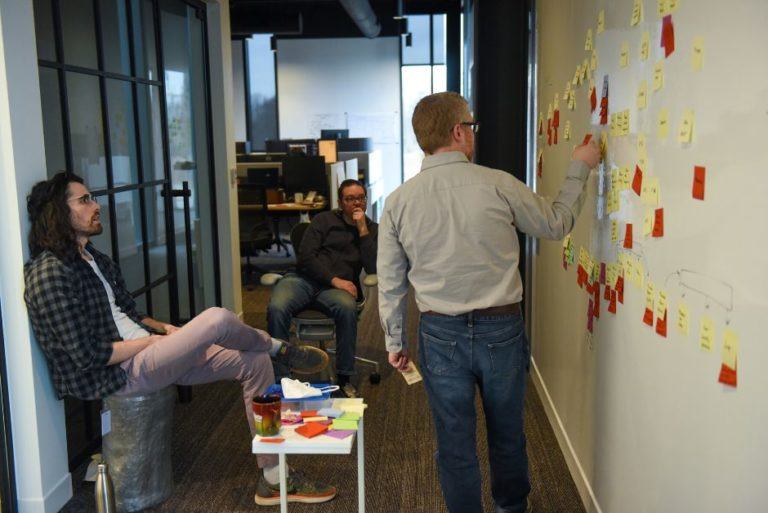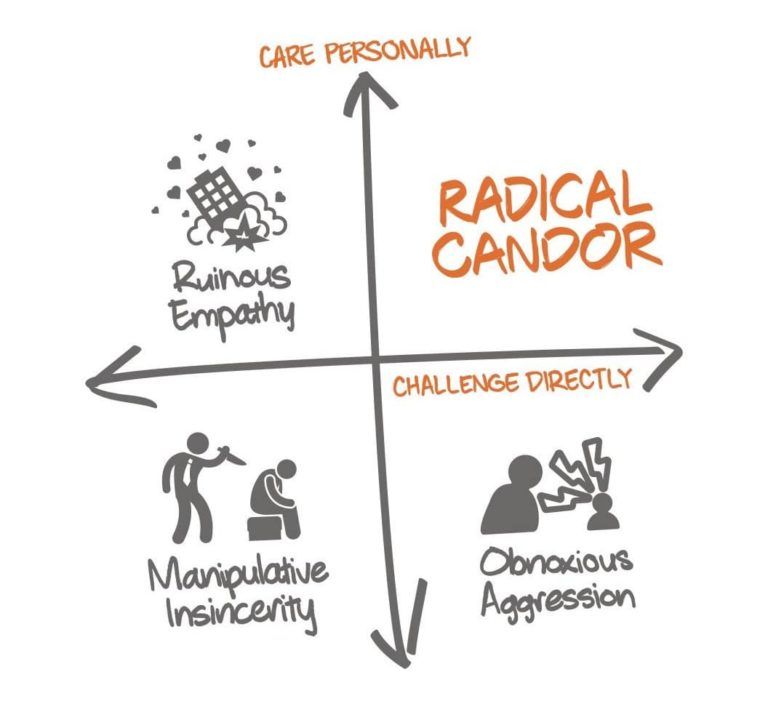
Teams Articles
We’re curious people by nature. And we love to teach others what we’ve learned. So explore our blog to gain fresh insights from our expertise in areas ranging from culture to AI.
SEP Wins TechPoint’s 2024 Innovation Service Partner of the Year Mira Award
SEP Recognized as Indiana’s Top Innovation Service Partner, Winning TechPoint’s Prestigious Mira Award Westfield, Indiana - SEP has been named the Innovation Service Partner of the Year by TechPoint at the 25th annual Mira Awards. The Mira Awards, Indiana’s largest…
Read Full Post

Software Maintenance Teams provide a broad array of services, customized to the industries they support. As a software development consultancy, our portfolio includes industries like energy, aerospace, healthcare, medical devices, precision agriculture, and others. The products we build live on Desktop, Embedded, Mobile, Web, and Cloud platforms. With such a diversity of industries and platforms, […]
Read Full Post

Common Elements of an SEP Project Team Area
We often get asked what a typical team setup looks like at SEP. We think these elements help to make our project, client, product, and employee experience better. Kanban Board We like to use physical kanban boards to track work so everyone can see the big picture from 10 feet away. The ability to visualize […]
Read Full Post

New Leads Need to be Replaceable
The title I wanted… “New leads will want to have a succession plan in place from day 1 because it’s so much harder to detach yourself from the project if you start thinking about it on day 500” … but it didn’t fit in the character limit, so here we are. Replaceability Replaceable 👏 does […]
Read Full Post

New Leads Need “Domains of Execution”
Okay, sure the title really needs to be “New leads should totally define a list of clusters of responsibilities that every project has so that they can make sure the project is appropriately supported” …but you get it. What’s a “Domain of Execution”? A domain is some cluster of responsibilities that your project will require […]
Read Full Post

New Leads Need to Give Real-Time Permission
Okay, okay, so the title should really be “New Leads (probably) Need to Practice Real-Time Permission (if they’re still uncomfortable with conflict, especially when a power dynamic is involved)”, but I feel like you get it. Where does “Real-Time Permission” come from? “Real-Time Permission” is a concept I barely acknowledged when I first read Patrick […]
Read Full Post

New Leads Need Self Directed Radical Candor
Hello! If you are new to Radical Candor, check out the concept directly from Kim Scott herself, Radical Candor in 6 minutes I should also mention that the title should really be “new leads who are terrible at thinking on their feet in front of a crowd need self directed radical candor.” It’s just… not […]
Read Full Post

New Leads Need to Prep for Staffing Conversations
One of the things I did terribly as a new lead was participate in staffing conversations for my team. Mainly, I was just unprepared in realizing the scope of what adding or removing a person meant on the distribution of responsibilities that a single team has to balance. In this blog post, you’ll find a […]
Read Full Post

New Leads Need “That’s Not My Oven!”
If your job was installing an oven in a kitchen, and on the day you do your install the electrician hasn’t installed an electrical socket where the oven’s supposed to go, you wouldn’t run an extension cord just to get your oven to work. You’d tell the foreman you’ll come back when they’re ready for […]
Read Full Post

New Leads Need The Engagement Chronicle
On the last day of a 20 month-long project, my customer asked me, “Could you give a brief overview of everything you guys have done for us over the last couple of years?” 😅 As a new lead, I hadn’t thought of starting an engagement chronicle until closer to the end of the project. By […]
Read Full Post